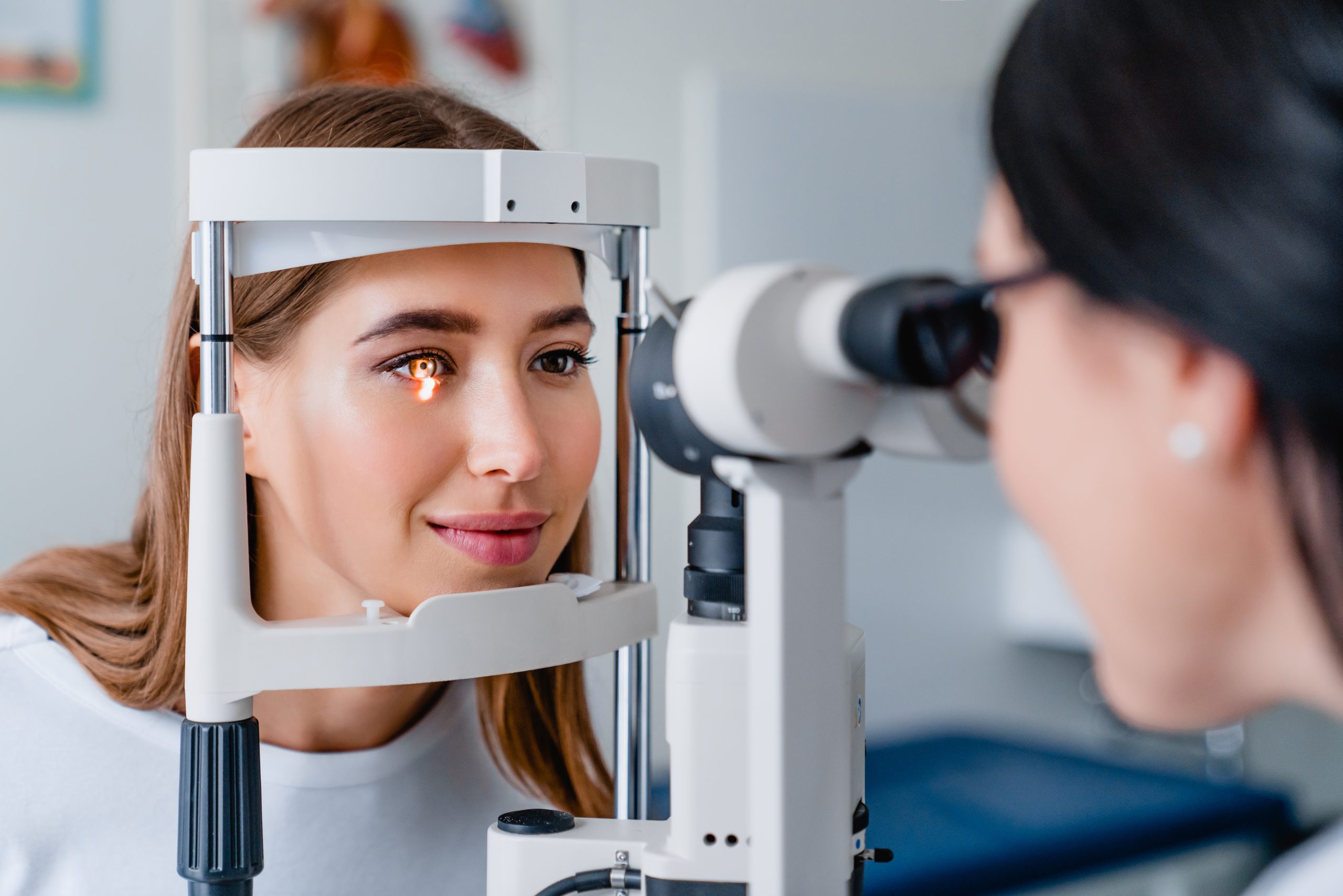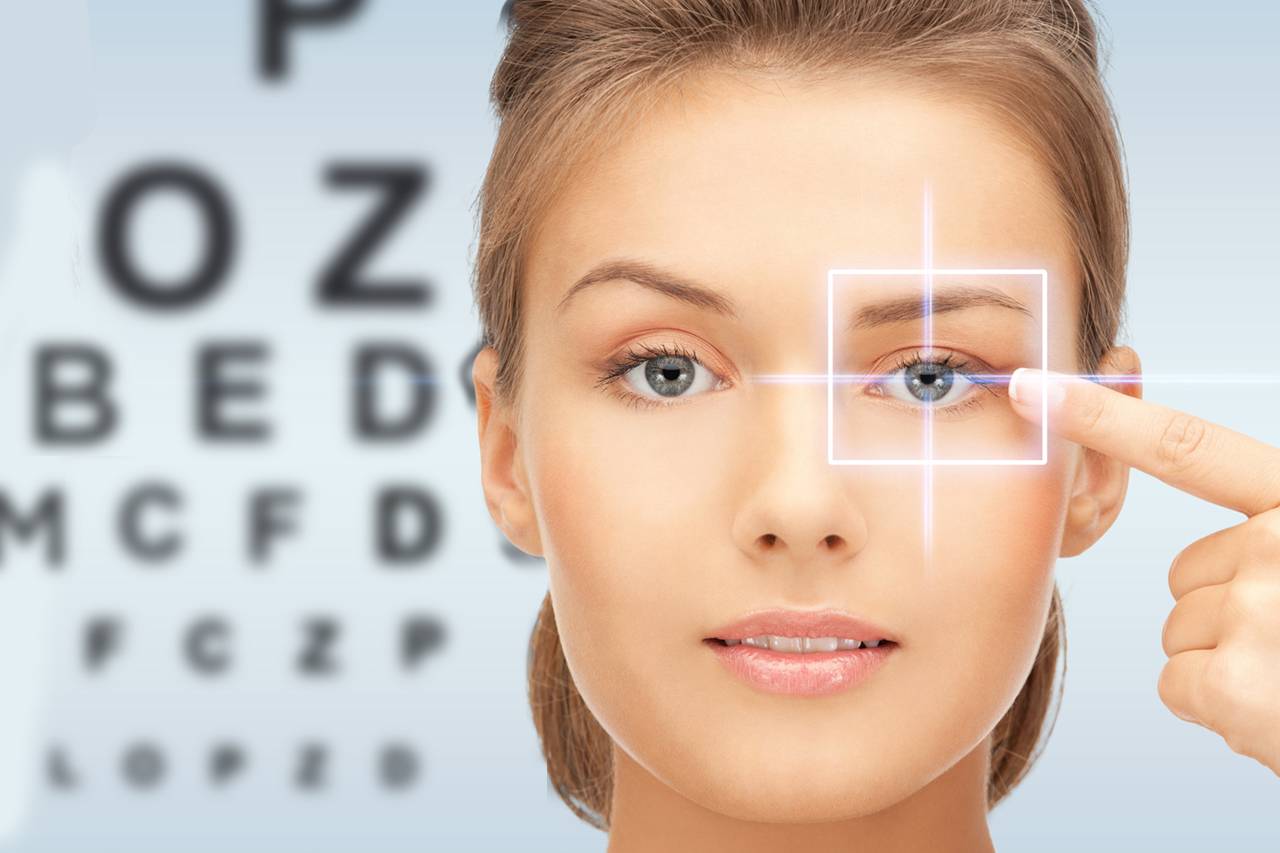The Significance of Regular Eye Examinations: Insights From an Experienced Eye Physician
Normal eye examinations serve as an important component of healthcare that prolongs past simple vision adjustment. A seasoned ophthalmologist can offer understandings right into how these analyses not only discover usual eye problems but likewise disclose underlying health and wellness concerns that may or else go undetected. The quiet progression of conditions such as glaucoma and macular degeneration emphasizes the need of very early discovery. Comprehending the frequency and significance of these assessments can inevitably affect one's long-term health and wellness trajectory, elevating the inquiry of exactly how often people ought to prioritize their eye wellness in the context of general health.
Benefits of Normal Eye Exams
Although lots of individuals may overlook the relevance of normal eye tests, these evaluations play a vital role in keeping overall wellness and wellness. Routine eye assessments serve not only to evaluate vision but additionally to find very early indications of systemic health problems, including diabetes and high blood pressure. By identifying these problems at their beginning, individuals can receive timely treatments, considerably enhancing lasting end results.
Additionally, eye exams can help in checking existing health problems, making certain that any type of changes in vision or eye wellness are without delay resolved (optometrist). The analyses permit individualized suggestions relating to glasses, way of living changes, and safety steps against potential eye strain or damage
Beyond physical health and wellness, the advantages of normal eye exams expand to enhancing top quality of life. Eventually, prioritizing eye exams fosters an aggressive strategy to wellness monitoring, equipping people to take fee of their wellness.
Common Eye Conditions Detected
Routine eye tests are important in spotting a variety of usual eye conditions that can considerably influence vision and general health and wellness. Among the most prevalent problems recognized throughout these assessments are refractive mistakes, including myopia (nearsightedness), hyperopia (farsightedness), and astigmatism. These problems commonly materialize as blurred vision and can be quickly fixed with prescription glasses or get in touch with lenses.
In addition, cataracts, which create clouding of the lens, are often diagnosed in older adults. This problem can cause reduced vision and needs surgical intervention for resolution. Another typical concern is glaucoma, a team of eye illness that damage the optic nerve, commonly linked to raised intraocular pressure. Early discovery is crucial as it can protect against irreversible vision loss.
Age-related macular degeneration (AMD) is one more considerable condition that impacts central vision, specifically in individuals over 50. Lastly, diabetic person retinopathy, a difficulty of diabetes mellitus, can lead to extreme vision problems if not checked consistently. With thorough eye tests, these problems can be determined early, allowing for timely monitoring and therapy to preserve vision and boost lifestyle.
Significance of Very Early Discovery
Early detection of eye conditions plays a crucial function in maintaining vision and avoiding substantial wellness complications. Many eye illness, such as glaucoma, diabetic retinopathy, and age-related macular degeneration, can advance silently without noticeable signs in their early phases. By the time symptoms materialize, irreversible damage may have happened, causing long-term vision loss.
Routine eye exams promote very early medical diagnosis, enabling timely treatment and treatment. As an example, treating elevated intraocular pressure can avoid the start of glaucoma, while taking care of blood sugar level degrees can considerably reduce the threat of diabetic retinopathy. Furthermore, conditions like cataracts can be efficiently taken care of with surgical intervention when determined early.

How Typically Should You Check Out?
Figuring out the regularity of eye exams is essential for keeping optimal eye wellness and vision. The general suggestion for adults is to have an extensive eye examination every one to 2 years, relying on private threat factors and age. For individuals matured 18 to 60, a test every 2 years is usually sufficient if no vision troubles exist. Nevertheless, those over 60 should take into consideration yearly exams, as the threat of age-related conditions enhances dramatically.
Individuals with certain danger factors, such as a family members background of eye condition, diabetes, or existing vision issues, may call for more frequent analyses. Kids ought to have their initial eye test at six This Site months old, complied with by extra exams at age three and before going into school. Regular check-ups during youth are essential as vision can change swiftly throughout developmental years.
Inevitably, the frequency of gos to need to be tailored per individual's circumstances, consisting of lifestyle, work-related risks, and any kind of pre-existing eye problems. Consulting with an eye care specialist can offer personalized referrals, making sure that your eye health is regularly kept an eye on and maintained.
Tips for Your Eye Test
Getting ready for your eye exam can improve the effectiveness of the browse through and guarantee a comprehensive analysis of your eye health and wellness. To optimize your time with the eye physician, it is crucial to collect relevant info before your visit. Start by assembling a listing of any kind of medicines you are presently taking, including non-prescription medicines and supplements, as these can affect eye wellness.
Additionally, document any type of signs you have experienced, such as blurred vision, discomfort, or headaches. This information will assist your eye doctor in diagnosing potential issues.
It is also advantageous to have a family history of eye conditions at hand, as genetic factors can contribute to your eye wellness. Ultimately, take into consideration arranging your examination for a while when you are less rushed, allowing you to ask questions and discuss your concerns thoroughly. By preparing properly, you guarantee that your eye examination is efficient and that your eye physician has all the required information to provide the very best treatment feasible.

Conclusion
Normal eye tests play a critical role in keeping both vision and total health and wellness. They assist in the early detection of numerous eye conditions and systemic issues, permitting for timely intervention. The referrals for frequency highlight the importance of aggressive treatment. Executing easy primary suggestions can enhance the examination experience. Inevitably, focusing on detailed eye assessments adds dramatically to the conservation of vision and the improvement of top quality of life, underlining the need of regular eye care in preventative healthcare approaches.
Regular eye examinations are crucial in identifying a range of usual eye conditions that can considerably influence vision and overall health and wellness.Determining the frequency of eye examinations is essential for why not find out more preserving ideal eye wellness and vision.Preparing for your eye test can enhance the performance of the visit and guarantee a thorough assessment of your eye health and Full Article wellness (optometrist). By preparing effectively, you ensure that your eye exam is efficient and that your eye medical professional has all the essential details to provide the best care feasible
Inevitably, focusing on detailed eye analyses adds significantly to the preservation of vision and the improvement of top quality of life, underscoring the need of regular eye treatment in precautionary health care techniques.